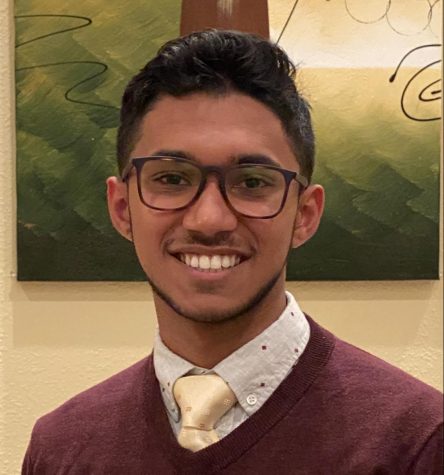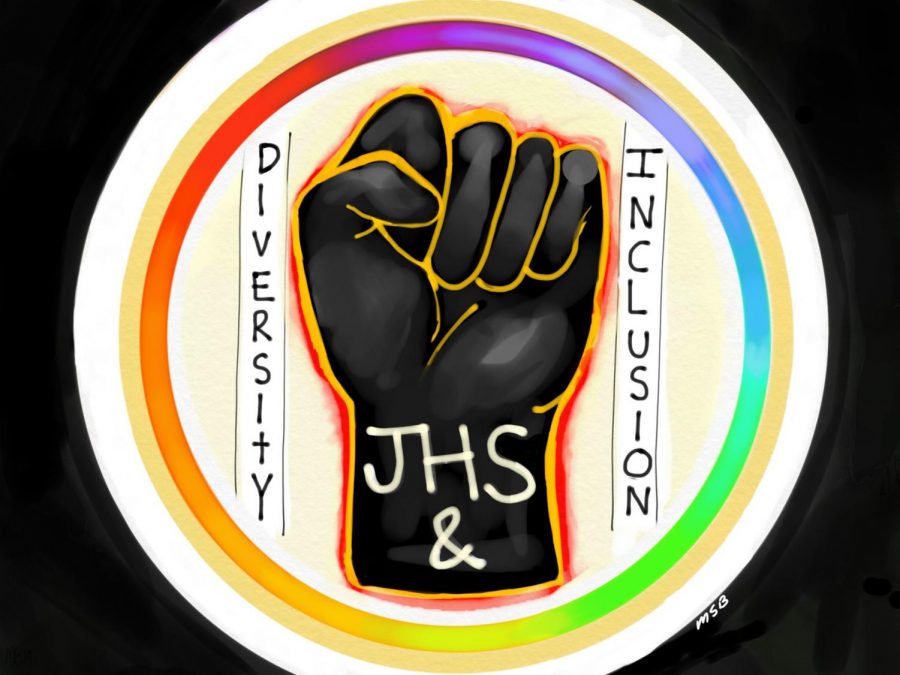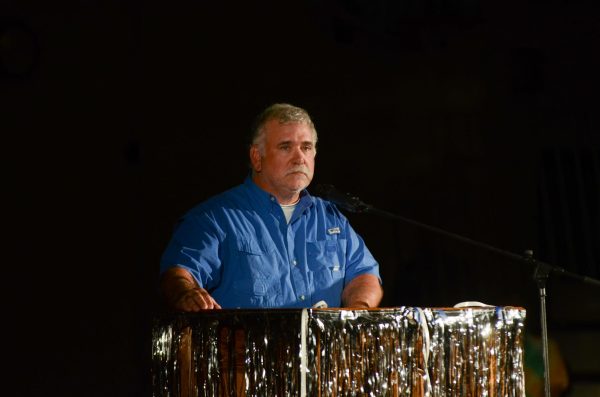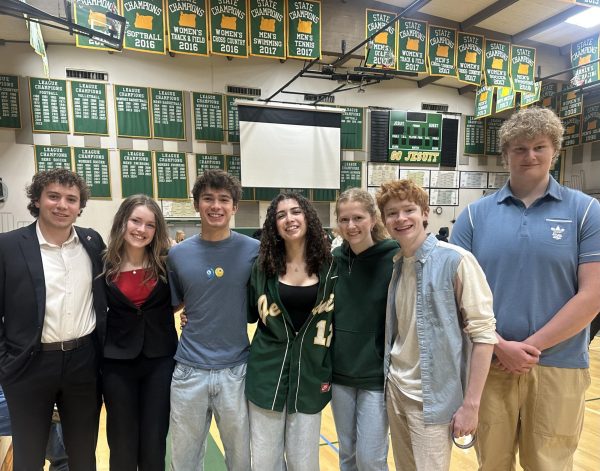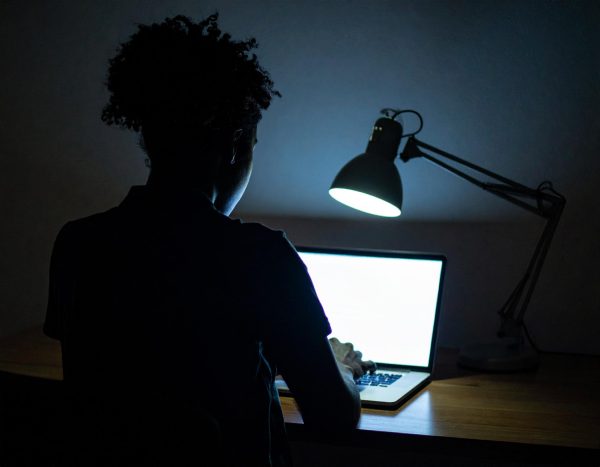Creating lasting change in the Diversity, Equity, and Inclusion department
2020 Jesuit Diversity, Equity, and Inclusion Logo
In support of the Black Lives Matter movement, many schools and companies have released public statements about their commitments to racial equity. Jesuit, too, has released such a statement and makes a commitment to creating lasting change related to the Diversity, Equity, and Inclusion department.
The Diversity, Equity, and Inclusion department has made tremendous progress in the last six years under the guidance of Director of Diversity, Equity, and Inclusion Melissa Lowery. The office has extended its outreach with parent affinity groups, student clubs, community conversations, and a new webpage on the Jesuit website. However, Lowery asserts that lasting change is only possible with a shift in culture.
“We are a resource for DEI, but for real change to happen, it requires all hands on deck in the community to do the work,” Lowery said.
The DEI program continues to grow with the addition of a full-time staff member, Associate Director of Diversity, Equity, and Inclusion Brenda Cruz Jaimes. Cruz aims to support current efforts in DEI and work to implement curriculum changes and community dialogues in the near future.
As a former counselor at De La Salle North Catholic, Cruz has seen an overwhelming number of students working for change.
“All of the clubs that are under the DEI umbrella have really stood out to me,” Cruz said. “Without the support and leadership of our students, we wouldn’t be able to make as much lasting change.”
While the institution is committed to a diverse, inclusive, and equitable community, Lowery argues that a shift in Jesuit culture is needed for lasting change.
“Culture is a big factor in how communities work, feel, and move,” Lowery said. “It affects curriculum, programming, policy, and all the things you can think of.”
In addition, Brenda Cruz emphasizes the importance of dialogue among students, parents, and faculty. While Jesuit has assisted open dialogues with the monthly Community Conversations and Peer-2-Peer conversations, the community needs to continue making genuine efforts to have discussions about race, identity, and culture Cruz says.
From a student perspective, senior Miyako Barnett calls for representation of underrepresented voices. She asserts that a culture change can only be achieved through hearing from BIPOC, LGBTQ+, and other underrepresented communities. Barnett also stresses the importance of accountability and awareness.
“We need to hold each other accountable for our actions,” Barnett said. “Avoiding passiveness and actively working together is how we create change.”
Lowery, Cruz, and Barnett are hopeful for the future of diversity, equity, and inclusion at Jesuit High School. They are committed to working with the Jesuit community to create lasting and sustainable change.
